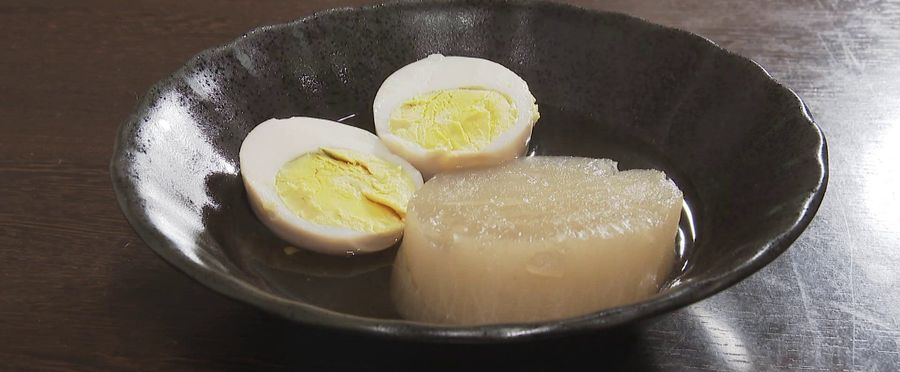This article covers the recent turn of events in Japan where the indispensable oden ingredient, radish (daikon), is experiencing a decrease in size and an increase in prices. The reasons for these unexpected and dramatic changes are multifaceted—weather fluctuations, changes in agricultural practices, and shifts in market demand. The phenomenon has raised concerns among consumers and businesses alike, potentially jeopardizing the future of the beloved winter dish, oden.
In Japan, oden is a popular comfort food, especially during the cold winter months. Daikon, a kind of radish, is a crucial component of this dish. Its availability and price directly affect not just the households but a wide range of businesses, from local izakayas to major convenience store chains. Furthermore, it involves values grounded in food culture, affordability, and sustainability.
Similar issues exist in the US and EU when there is a change in the prices or availability of staple ingredients. For example, the impact of weather variations on the corn crop in the US, or olive crops in Italy, often lead to concerns and changes in local food industries and consumers' lifestyle.

